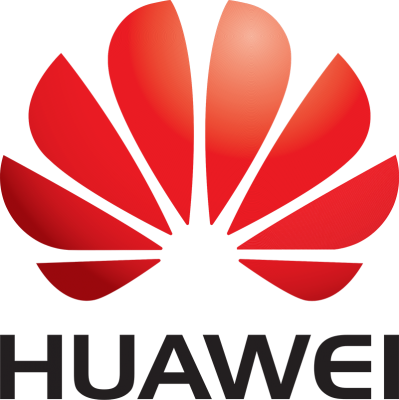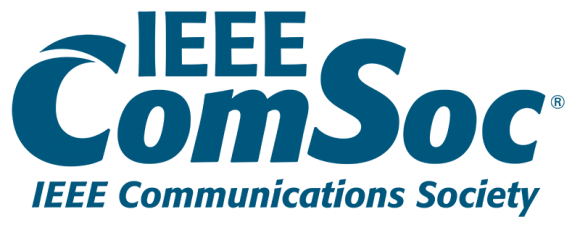Call for Papers
Experimentation has played an important role in advancing research in computing and networking. Although simulation is an important tool for studying and analyzing the behavior of new protocols and algorithms, it is essential that new research ideas be validated on real systems and testbeds.
This workshop will bring together researchers and technical experts to share experiences and advance the state of the art in experimental research in areas such as networking, distributed systems, and cloud computing. It aims to inspire researchers to use testbeds in novel and interesting ways as a means to validate research ideas. Of particular interest are experiments on publicly available testbeds such as GENI, the Fed4FIRE testbeds, Emulab, CloudLab, Chameleon, DeterLab, ORBIT, OneLab, FIT, PlanetLab, CENI, among many others.
The CNERT workshop has a strong experimental component and includes a live demo session.
We solicit papers and demo proposals with experimental results from testbeds from areas including, but not limited to:
- Wireless network experimentation (including low-power wireless, Internet-of-Things and sensor networks, LTE and WiMAX communications and services, 5G, mmWave)
- Wired network experimentation (including optical networks)
- Distributed systems
- Cloud computing and big data
- Computer and network security
- Softwarization and virtualization of radios and networks
- Software defined networking (SDN)
- Future internet architectures
- Network economics and pricing
- Augmented and virtual reality
- Edge computing
Experiments may focus on challenges including, but not limited to:
- Instrumentation and measurement
- Large-scale experiments
- Evaluation and analysis of experiment data
- Creation and sharing of datasets of broad interest to the community
- Experiment design and deployment
- Designs for repeatability and reproducibility
- Tools and services for testbed users and operators
- Experiments on federated testbeds
- Testbed implementation and deployment
For CNERT 2020 we solicit:
- 6-page research papers. All research papers are encouraged to participate in the demo session. One additional page is permitted in the initial submission to provide a demo proposal associated with the paper (detailed below). An additional page is permitted in the initial submission, which will allow the authors to provide information on how the results presented in their paper can be reproduced (detaild below).
- 2-page extended abstract, plus a one-page demo proposal (detailed below).
Demo proposals should include a summary describing the demonstration. Please ensure that demo proposals also include:
- Equipment to be used for the demo. Check the default set-up below.
- Additional facilities needed including estimated power connections needed for the demo, special environments and tools, Internet access, physical space requirements, etc.
Default Demo Set-up:
The following default set-up will be available for each demo:
- A single table.
- A large (at least 40 inch) monitor.
- Extension power cable/multi-point.
- An easel and poster board for displaying any related poster (size 3x4 foot) in portrait mode.
Reproducibility:
To foster reproducibility in the area of computing and networking research, CNERT 2019 introduces the option for authors to provide additional information (in a 1-page abstract) that will allow third parties to executed the experiments presented in their submission. Submissions that have been accepted for publication and have provided reproducibility information, and for which presented results could be successfully reproduced by a member of the TPC will be considered for the inaugural reproducibility award! The following information should be provided in the 1-page reproducibility appendix:
- A quick description on how the experiment(s) is (are) executed.
- Links that provide further information (description to reserve a testbed slice, scripts, etc.) should be provided.
- Further links to a web site or a code repository can also be provided if that supports reproducibility.
Best Paper and Best Demo Awards:
In addition to a best paper award, CNERT will have a separate award for the best demo that exemplifies the principles of experiment repeatability and reproducibility on real systems with running code.
Deadlines:
Submission deadline: March 6th, 2020
Notification: March 20th, 2020
Camera ready: April 10, 2020 (extended)




